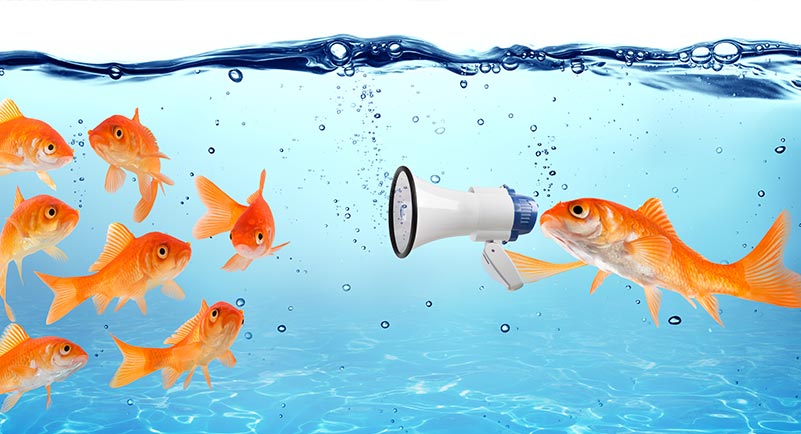 Over the last several years of working exclusively with CVBs/DMOs while specializing in meetings and conventions marketing, we have encountered the struggles that organizations have in understanding the difference in marketing to meeting planners (B2B) versus leisure visitors (B2C).
Over the last several years of working exclusively with CVBs/DMOs while specializing in meetings and conventions marketing, we have encountered the struggles that organizations have in understanding the difference in marketing to meeting planners (B2B) versus leisure visitors (B2C).
Business-to-business (B2B) marketing is quite different from business-to-consumer (B2C) marketing. Although you are still selling the destination to a person, these two types of markets are poles apart. It is because a meeting planner’s decision to choose your destination is based more on logic, while a leisure visitor’s purchase is based more on emotion. When marketing to businesses, you will realize that meeting planners need to streamline the buying process to save time and money for their company.
The cost of a sale to a planner can also be more expensive than to an individual consumer planning a vacation. The easiest way to explain this is that a B2B transaction often takes more consideration, involves more people, and requires more decision-makers. Meeting planners typically need to prove a return on investment for their decision to meet in your destination.
 Meetings and Conventions Marketing (B2B)
Meetings and Conventions Marketing (B2B)
When marketing to meeting planners, you want to focus on the logic of the destination’s product and its features. Often, there is little to no personal emotion involved in the purchasing decision, so you want to focus on understanding the type of meeting planner and how they operate within the confines of their organization’s procedures. What’s their role? What’s important to them? What does success look like?
This type of marketing is more about planners using the destination’s hotel product, transportation, attendee satisfaction and budget than it is about the destination itself. Be more in-depth with your marketing materials. Your most effective messages will focus on how your destination’s product or service saves time, money and resources.
What kind of return on investment can planners expect with their decision to host a meeting in your destination?
B2B marketing also requires more lead nurturing and close attention to the user experience. You need to have patience when marketing to meeting planners and create content for them that addresses the various stages of their buying cycle. Often, we find that one of the largest problems that DMOs have is a lack of content and time to create it for the B2B audience.
 Leisure Marketing (B2C)
Leisure Marketing (B2C)
When you are marketing to a leisure visitor, you want to focus on the benefits of the destination for their personal vacation needs. Their decision is more emotional.
Leisure consumers also are different in that they demand a variety of distribution channels for convenience. They are less likely to be interested in a lengthy marketing message and want you to get right to the point. Your message must be simple, easy to understand and tell them what experience your destination brings to them personally.
Leisure consumers also have a much shorter purchasing process than businesses. They can purchase within a few minutes to within a few days.
Tip: Use marketing to educate your business audience, but use it to entertain your consumer audience.
At Digital Edge, we believe destinations can increase economic impact through meetings and conventions business by partnering with an agency that specializes in b2b marketing to the MICE industry. If your organization or agency of record struggles with understanding meeting planners’ roles or selling to the meetings and conventions market, we can help. It’s what we do.


